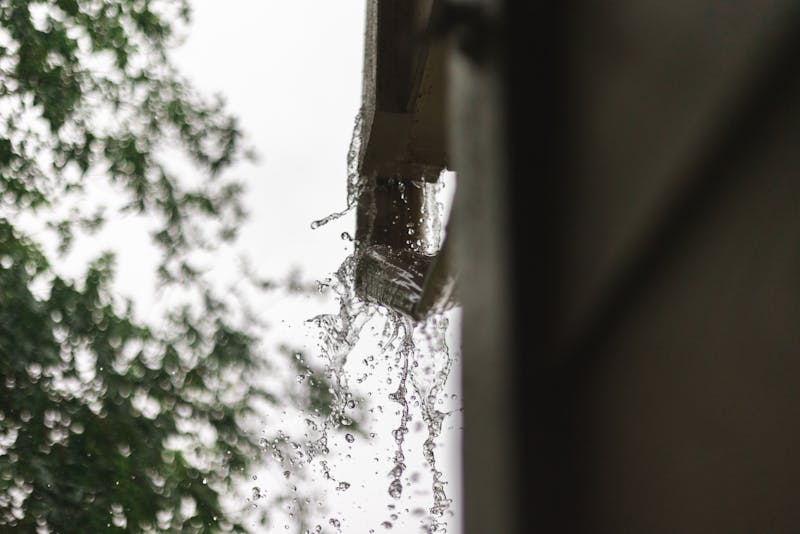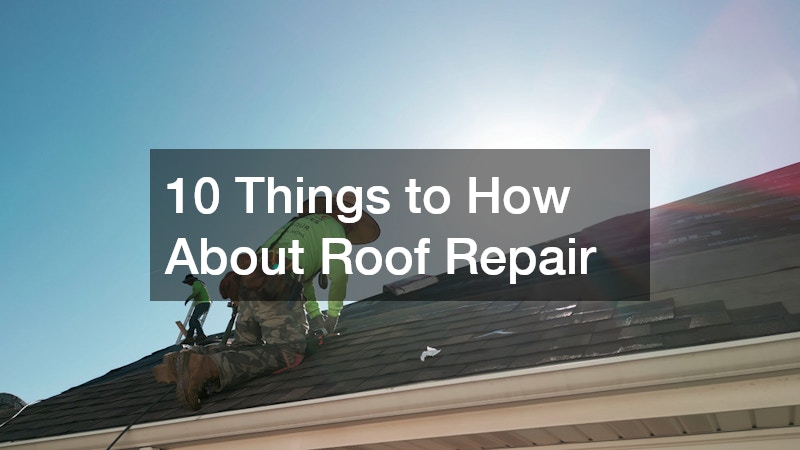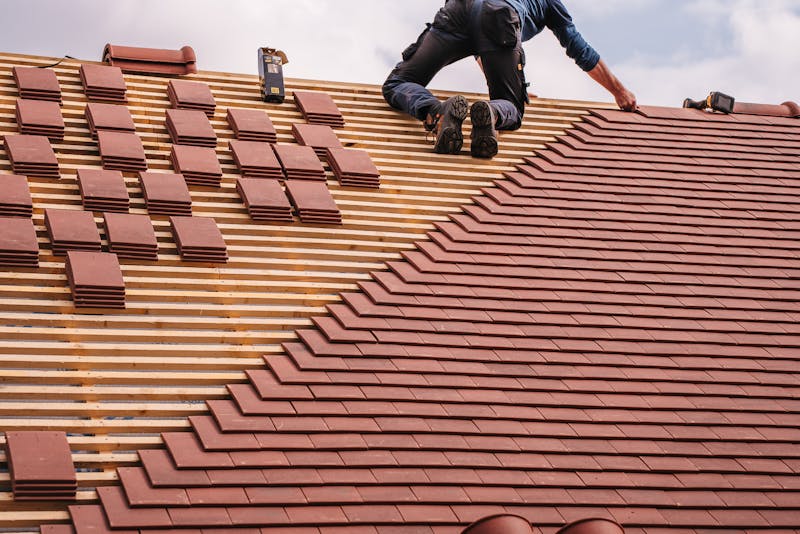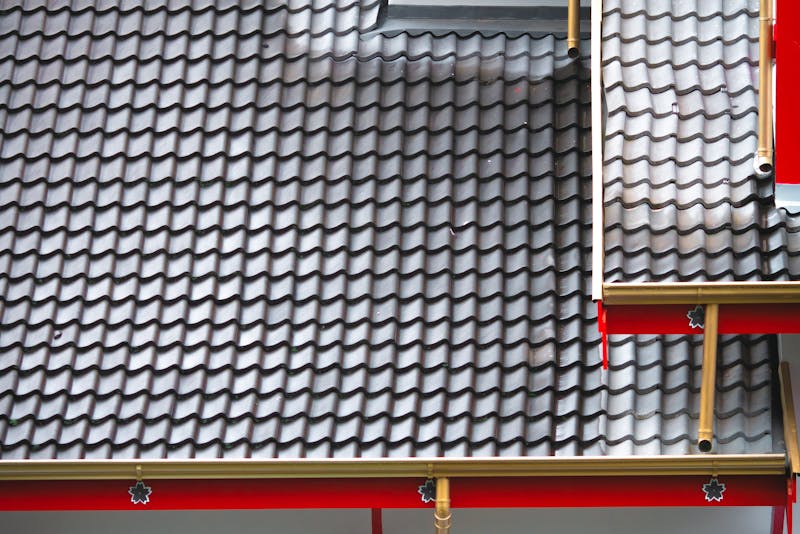- DIY gutter guard installation offers lower upfront costs but comes with higher risks of installation errors and limited warranties.
- Professional installation provides better long-term value due to higher-quality materials, expert workmanship, and stronger warranty protection.
- Homeowners should consider climate, debris levels, and gutter condition when choosing between DIY and professional installation.
- Improper DIY installation can lead to added expenses from leaks, sagging gutters, or system failures.
- Professional installation is generally the best choice for homes with heavy rainfall, multiple stories, or complex gutter layouts.
Homeowners are always looking for smart ways to protect their property and reduce long-term maintenance costs. Gutter guards are one of the most effective upgrades you can invest in to keep your gutters cleaner, reduce clogs, and prevent water damage. But when it comes to installation, many homeowners struggle to decide whether to handle the project themselves or hire a professional.
Choosing the right option can make a big difference not only in performance but also in overall cost. Below, we explore the advantages, challenges, and financial considerations of both approaches to help you make an informed decision.
Understanding the Cost Factors Behind DIY vs. Professional Installation
Before deciding which approach saves more money, homeowners need to understand the various cost factors involved in gutter guard installation. Price differences aren’t just about paying for labor or buying tools. They also include product quality, warranty options, installation accuracy, and long-term maintenance requirements. You may save money upfront by choosing a DIY method, but a poorly installed system can lead to long-term expenses from repairs, water damage, or having to redo the installation.
On the other hand, professional installation usually comes at a higher upfront cost but may offer solid warranties and improved durability. By looking at these key differences, homeowners can better understand the financial implications involved.
Common Cost Factors to Consider
- Material quality and brand
- Type of gutter guards (mesh, micro-mesh, brush, foam, or reverse-curve)
- Installation tools and accessories
- Labor costs
- Warranty coverage
- Time and skill required for proper installation
DIY Gutter Guard Installation: Is It Really Cheaper?

For many homeowners, the low upfront cost of DIY gutter guard installation is the main attraction. Installing guards yourself often means only paying for the materials and a few basic tools. Retail stores sell affordable options that can easily fit most gutter systems, making it a convenient choice for budget-conscious households.
However, DIY installation also comes with limitations that may affect long-term savings. Most DIY systems use softer materials or simplified designs that may not withstand heavy rainfall, debris buildup, or harsh weather conditions.
Additionally, improper installation may lead to leaks, sagging, or voided manufacturer warranties. Homeowners who lack ladder experience or carpentry skills may also face safety risks.
Pros of DIY Installation
- Lower upfront cost
- No labor fees
- Flexible installation schedule
- Easy access to budget-friendly products
Cons of DIY Installation
- Higher risk of installation errors
- Limited or no product warranties
- Materials may be less durable
- Safety concerns, especially in multi-story homes
Professional Gutter Guard Installation: Is It Worth the Investment?
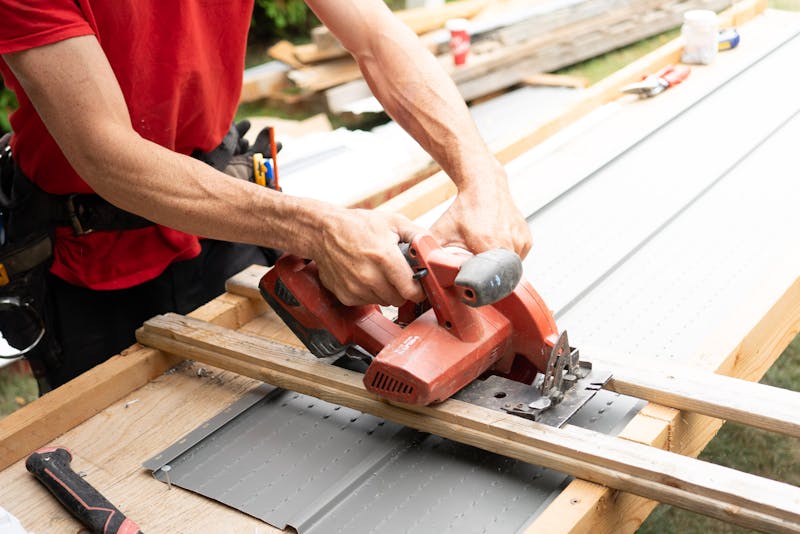
Professional installation may cost more initially, but the long-term value often outweighs the upfront expenses. Licensed gutter installers use high-quality materials that aren’t always available in retail stores and have the expertise to ensure proper alignment, secure fastening, and full compatibility with your existing gutter system. This level of precision can reduce the risk of leaks, clogs, and structural damage. Most professional companies also offer warranties that cover both materials and labor, giving homeowners added protection.
While professional installation might require a larger initial budget, it often delivers better performance and less maintenance over time, especially for homes exposed to heavy debris or severe weather. Some companies also offer bundled services that include cleaning and minor rain gutter installation and repairs, adding more value to the service.
Pros of Professional Installation
- Access to premium, long-lasting materials
- Proper installation by trained technicians
- Strong warranties and customer support
- Reduced risk of gutter and roof damage
Cons of Professional Installation
- Higher upfront cost
- Scheduling may require lead time
- More expensive repairs if modifications are needed later
Which Option Truly Saves You More Money?
Both DIY and professional gutter guard installation offer financial advantages, but long-term savings vary based on your home’s design, climate, and maintenance needs. DIY installation saves the most money initially, making it ideal for smaller homes or homeowners with experience in home improvement projects. However, the lack of warranties and the potential for installation mistakes may lead to additional costs in the future.
Professional installation, while more expensive upfront, typically provides better durability, improved performance, and fewer long-term repairs. For homeowners in areas with heavy rainfall, dense tree cover, or aging gutters, professional installation often delivers greater overall value.
Key Takeaways
- DIY is best for simple projects and tight budgets.
- Professional installation offers better reliability and long-term savings.
- Consider your home’s layout, gutter condition, and your comfort with ladder work.
How Gutter Guard Installation Compares to Rain Gutter Installation
When homeowners research gutter guard systems, they often search for related topics such as rain gutter installation, maintenance, and gutter cleaning. Both services go hand in hand when it comes to protecting your home against water damage. While gutter installation focuses on building a functional drainage system, gutter guard installation ensures that the system stays clog-free with minimal upkeep.
Understanding the difference helps homeowners make better decisions about when to handle a project themselves and when to call a professional. Gutter guards may seem like a small upgrade, but they play a major role in extending the life of your gutter system and improving home safety.
Conclusion
Choosing between DIY and professional gutter guard installation ultimately depends on your budget, skill level, and long-term maintenance goals. DIY installation offers quick savings and flexibility, but it comes with limitations that may lead to added costs over time. Professional installation, while more expensive upfront, provides long-lasting performance, stronger warranties, and greater peace of mind.
By considering your home’s environment, gutter condition, and personal comfort with home improvement tasks, you can confidently decide which option delivers the best overall value.
